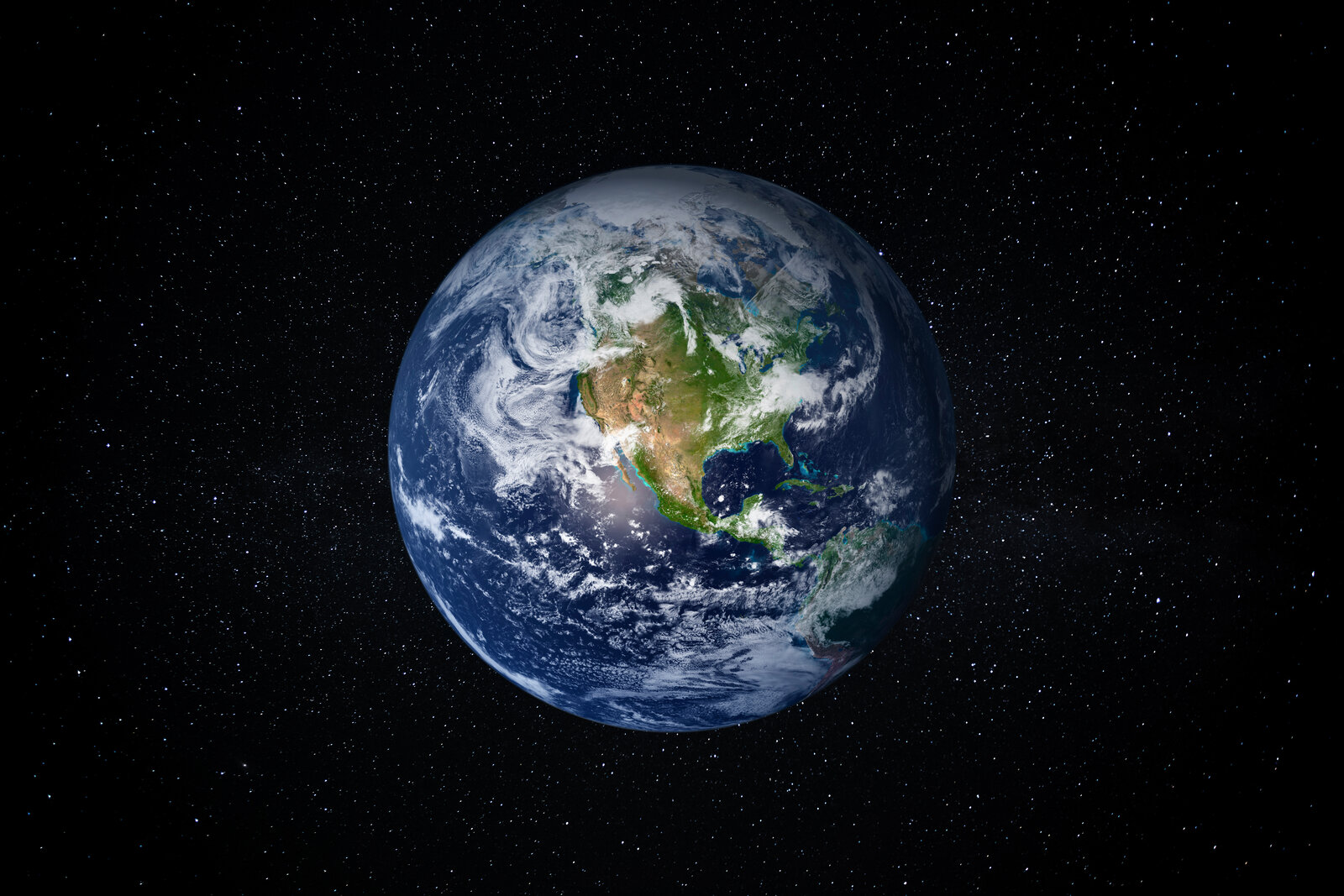The world’s first “scientific health check” shows a majority of planetary boundaries have been broken

The first complete “scientific health check” reveals global systems are well beyond stable range: Six of the world’s nine planetary boundaries — the environmental thresholds within which ecosystems can self-regulate and humanity can safely operate — have been broken due to “human-caused pollution and destruction of the natural world,” The Guardian reported, citing a study (pdf) published in ScienceAdvances. Another two of the boundaries — air pollution and ocean acidification — are currently at risk of collapsing, while four biological boundaries — climate, biodiversity, land use, and biogeochemical cycles — are either at or close to the highest risk level. While air pollution is globally still within the boundary, the study showed that the boundary has been crossed in some regions such as South Asia and China. The assessment — which was based on 2k previous studies — concluded that Earth's systems have been thrown out of equilibrium, making future global environmental conditions uncertain, the study concluded.
When were the boundaries crossed? The boundary for biosphere integrity — which concerns the functioning of ecosystems — was broken in the late 1800s, while the boundary for land use — the loss of forest — was breached in the last century. In the late 1980s, the safe boundary for climate change was surpassed, while the freshwater boundary was exceeded in the early 1900s. Other boundaries include nitrogen and phosphorus flow and synthetic pollution, both of which have been broken due to excessive use of fertilizers.
Atmospheric ozone is the only boundary relatively intact: “The one boundary that is not threatened is atmospheric ozone, after action to phase out destructive chemicals in recent decades led to the ozone hole shrinking,” The Guardian explains.
OTHER STORIES WORTH KNOWING ABOUT THIS MORNING-
- Antarctic sea-ice at record low levels: Sea-ice on the Antarctic Ocean’s surface has fallen well below any previously recorded level reaching 17 mn sq km, 1.5 mn sq km below the September average, satellite data shows. (BBC)